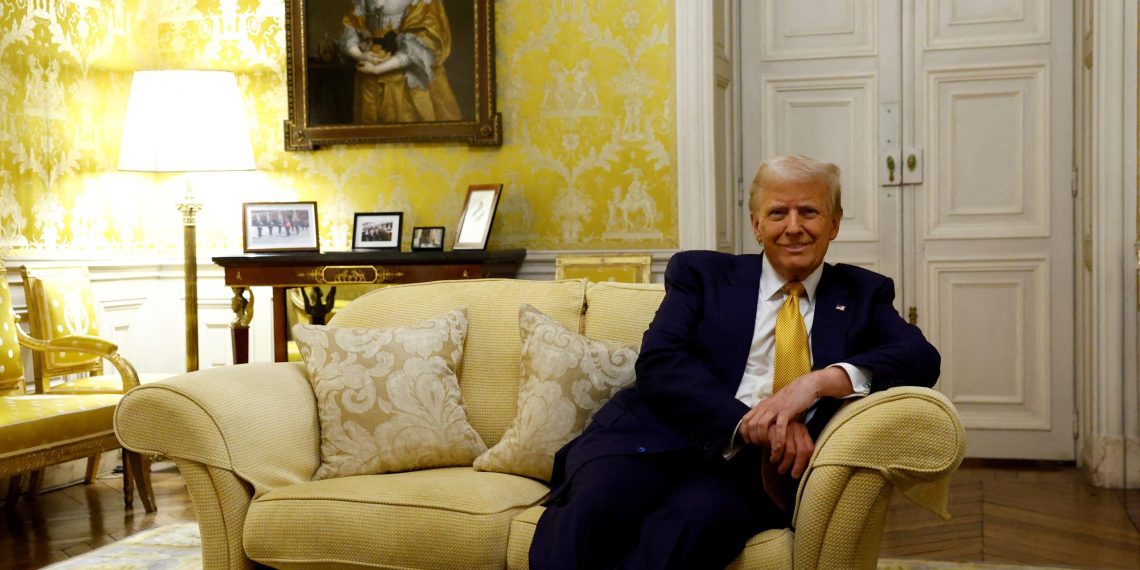Donald Trump’s bold declaration to swiftly end the ongoing war through negotiations with Putin has sparked a mix of hope and apprehension. As the world watches and waits for the unfolding of this high-stakes promise, the fate of Ukraine hangs precariously in the balance.
“Together, we will secure peace through strength, and make America, and the world, safe again!” proclaims President-elect Trump, setting a tone of determination and resolve in his approach to international conflicts. This rhetoric underscores a strategic shift towards a more forceful stance, challenging the status quo of managing crises and instead aiming for decisive action to bring about lasting peace.
Russia’s Imperial Ambitions Russia’s aggressive military actions in regions like Ukraine, Georgia, and Chechnya are not isolated incidents but rather the result of a larger imperialistic agenda rooted in historical aspirations for power and dominance. The narrative of Moscow’s wars being solely attributed to one individual, Vladimir Putin, is a simplistic view that fails to acknowledge the deeper complexities driving Russia’s expansionist policies.
As Andrew Chakhoyan asserts, “Strength must have a purpose, a focus. It shouldn’t be wasted on managing symptoms.” This perspective calls for a strategic reevaluation of how to effectively address the root causes of conflict, emphasizing the necessity of confronting Russia’s imperial ambitions head-on to achieve a sustainable resolution.
Challenges of Escalation Management The Western approach of “escalation management” has inadvertently emboldened Russia by showcasing a lack of resolve and a pattern of indecisiveness in the face of aggression. The failure to respond decisively to past provocations has only reinforced Moscow’s belief that the West can be manipulated through fear and hesitation.
Ukrainian President Volodymyr Zelenskyy’s proposed plan to end the current stage of the war highlights the urgent need for a proactive and resolute stance towards ensuring Ukraine’s territorial integrity and sovereignty. Zelenskyy’s call for NATO membership and adherence to international borders signals a commitment to upholding the principles of self-determination and preventing further incursions by Russia.
The Imperative of Strength in Diplomacy In navigating the complexities of the geopolitical landscape, a nuanced approach that combines military deterrence with diplomatic engagement is essential to effectively address Russia’s expansionist tendencies. The appointment of General Keith Kellogg as a special envoy for Russia and Ukraine signifies a strategic shift towards a more comprehensive strategy that leverages both military and diplomatic tools to counter Moscow’s aggressive maneuvers.
As the world grapples with the implications of Trump’s ambitious pledge to end the war in mere hours, the critical importance of strength, resolve, and strategic clarity in dealing with Russia’s imperial ambitions becomes increasingly evident. The path to lasting peace lies not in reactive measures but in a cohesive and resolute response that upholds the values of freedom, sovereignty, and international cooperation. Failure to confront Russia’s aggressive actions decisively risks not only the stability of the region but also the broader principles of global security and peace.









